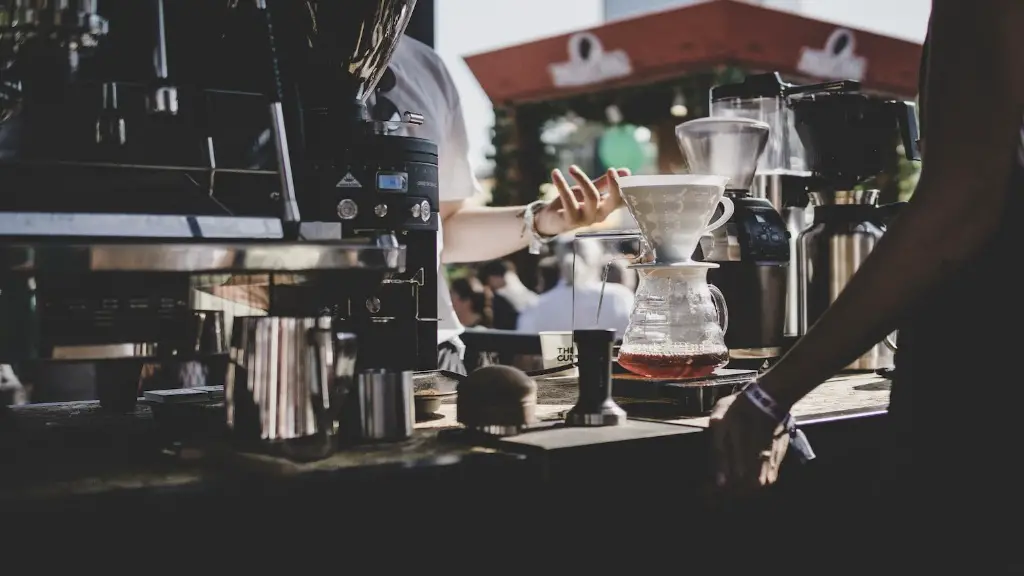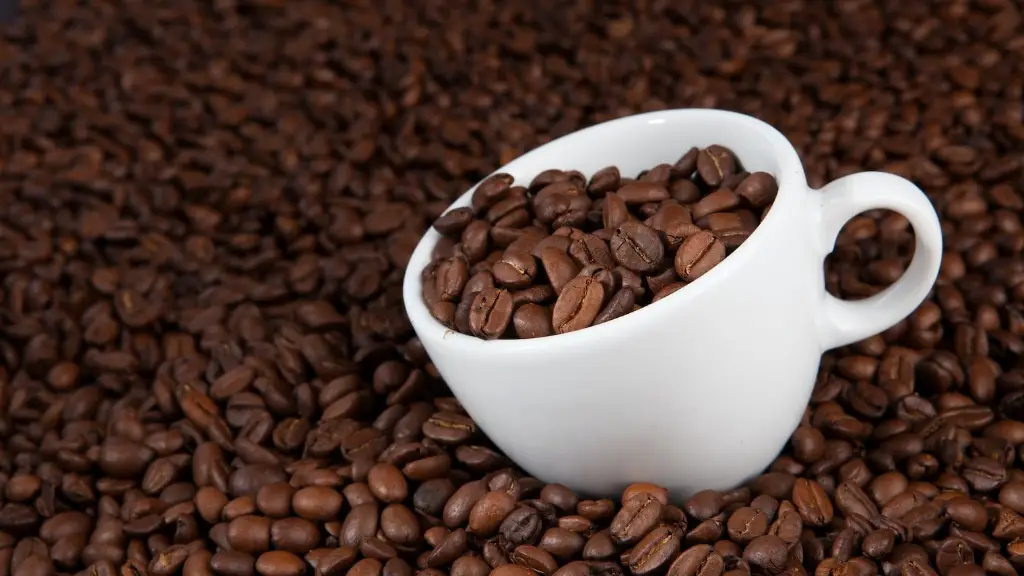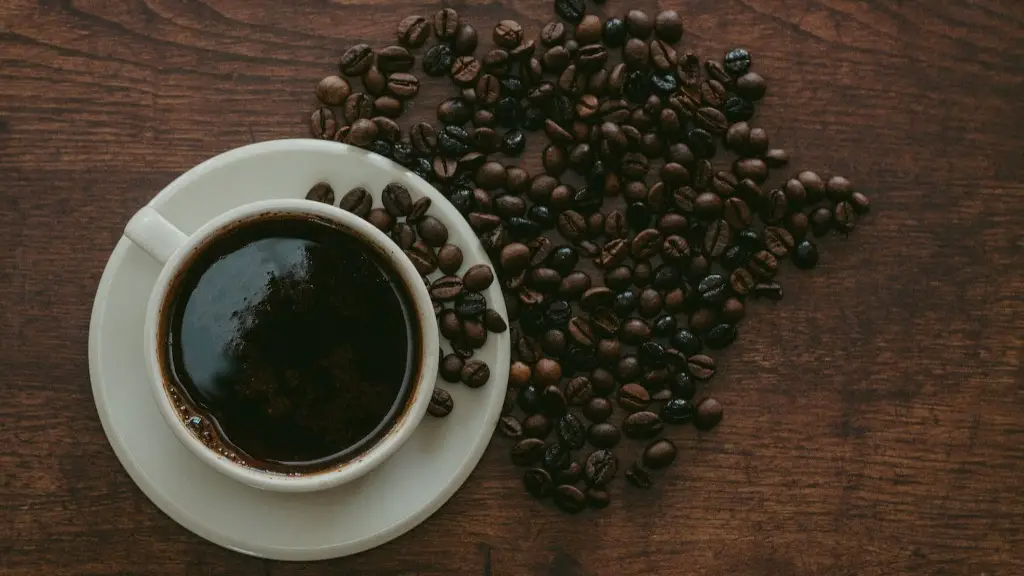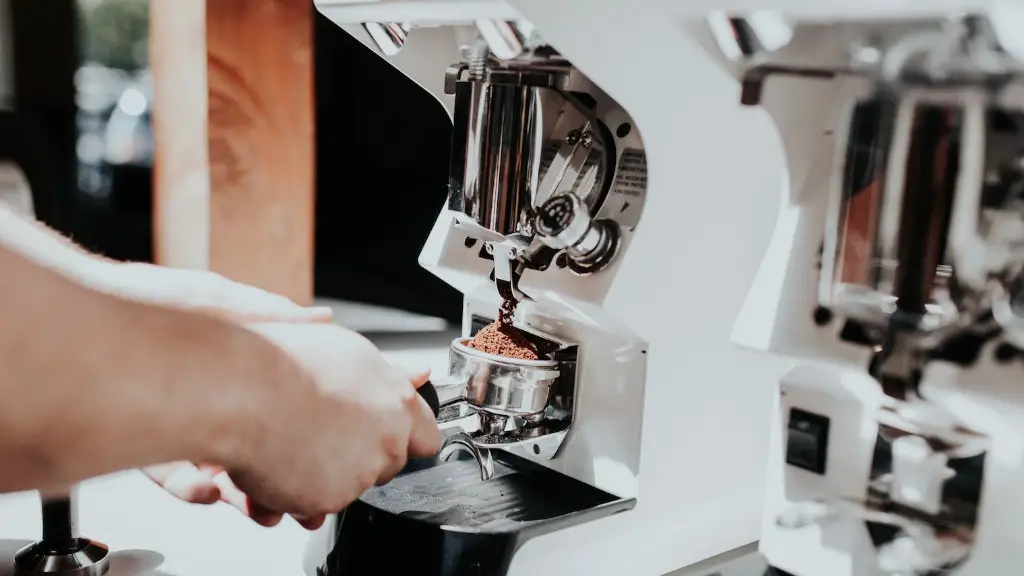Coffee: Is It Too Late For You To Drink In The Evening?
Coffee can be a great way to give yourself an extra energy boost, and some people enjoy drinking it in the late afternoon or early evening to perk up their mood. But is it a good idea to still be consuming caffeine after 5 PM? Here’s what experts have to say.
Most of the research suggests that drinking coffee in the late afternoon or evening is safe, provided that you are healthy and not exceeding more than 400 mg of caffeine per day – which is the general recommendation set by the American Medical Association. While there is some evidence of a link between caffeine consumption and certain health conditions, this is only true when people are drinking more than 400 mg per day (equivalent to about 4-5 cups of coffee).
In addition to the amount of caffeine consumed, the time of day is also important to consider. Caffeinated beverages can have a stimulating effect that can delay or disrupt sleep. For example, some studies have found that after drinking coffee in the morning, people’s sleep schedules tend to be delayed by about one hour, as the body takes longer to process the caffeine. This means that it’s best to avoid caffeine later in the day, especially if you have difficulty sleeping.
However, if you do choose to consume caffeine later in the day, it’s important to pay attention to other factors, such as how close to bedtime you are and the type of beverage you are consuming. It may be best to avoid energy drinks with added sugar and other stimulants, as these can have an overly stimulating effect. Decaffeinated coffee may also be a good option for those who want the taste and ritual of coffee but without the stimulant effects.
Another important thing to keep in mind is that caffeine can interact with certain medications, so it’s important to talk to your doctor if you take any medications and want to drink coffee in the evening. Additionally, if you suffer from insomnia or other sleep issues, it’s best to avoid caffeine in the evening as it can increase your risk of suffering from sleep disturbances.
Can Caffeine Lead To Weight Gain?
Caffeine is often touted as a weight loss aid because of its stimulant effect on the body. There is some evidence that caffeine can help boost metabolism and increase fat burning, which can lead to weight loss. However, it is important to remember that any weight loss effects of caffeine are likely to be temporary and will only be beneficial if you are also following a healthy, balanced diet and exercising regularly.
There is also evidence that consuming too much caffeine can lead to weight gain. Caffeine can lead to increased hunger and cravings for sugary and fatty foods. Additionally, coffee is often served with cream, sugar, and other calorie-rich additions that can quickly add up if consumed too frequently.
It is important to remember that caffeine can also have a dehydrating effect on the body, which can lead to increased water retention and weight gain. Additionally, chronically high levels of caffeine can cause stress and anxiety, which can lead to weight gain due to elevated cortisol levels.
Overall, it is important to remember that, while caffeine can provide an energy boost, it can also lead to weight gain if consumed too frequently. As with any food or beverage, the key is to consume it in moderation and to be aware of how it might be affecting your body.
Can Caffeine Interfere with Other Health Conditions?
High levels of caffeine consumption can also interfere with other health conditions if it isn’t being managed properly. For example, caffeine can increase blood pressure, cause insomnia, and disrupt digestion. It is important to be mindful of how much caffeine you are consuming if you have any health condition that could be affected by too much caffeine.
Additionally, pregnant women are often advised to avoid caffeine during their pregnancy, as it can have a stimulating effect on the unborn baby. Similarly, people taking certain medications, such as antidepressants or blood pressure medications, may be advised to limit their caffeine consumption.
Overall, it is important to be mindful of your caffeine consumption if you have any existing health conditions or are taking any medications. It is best to consult your doctor or healthcare provider if you have any questions or concerns about the potential affects of caffeine on your health.
Should I Drink Caffeine Late in The Day?
Ultimately, the decision to drink coffee in the evening is up to you and your own individual needs, preferences, and health. It is important to remember that caffeine can increase alertness and energy, but it can also have some negative effects such as increased anxiety and disrupted sleep.
It may be a good idea to limit your caffeine consumption in the late afternoon or evening, especially if you are struggling with weight gain, anxiety, or insomnia. Additionally, it is important to be aware of any medications or health conditions that could be affected by caffeine.
Ultimately, it is up to you to decide whether drinking coffee late in the day is a good idea for you, and to be mindful of the potential effects that caffeine can have on your body.
How Can I Cope with Caffeine Withdrawal?
It is important to remember that caffeine can be addictive and can cause withdrawal symptoms if you reduce your intake suddenly. Caffeine withdrawal can lead to fatigue, headaches, dizziness, irritability, and other symptoms.
If you are looking to reduce your caffeine intake, the best way to do so is to cut down gradually over a few weeks. This will help to minimize withdrawal symptoms. Additionally, some people find that drinking decaffeinated coffee or tea can help to reduce their cravings for caffeine.
It is also important to remember that in addition to reducing your caffeine intake, it is important to also get regular sleep, eat a healthy diet, and exercise regularly. These things can help to improve energy levels and reduce the need for caffeine.
Caffeine Alternatives
If you are looking to reduce your caffeine intake and want an alternative to coffee, there are other options. Caffeine-free herbal teas can be a great alternative to coffee as they offer a range of health benefits and can help to improve energy levels. Similarly, green tea can also provide a pleasant and energizing boost without the stimulant effects of caffeine.
Other alternatives to coffee include matcha, a ground green tea powder that is packed with antioxidants. Matcha can be drunk plain or used to make a range of beverages and dishes. Additionally, some people swear by adaptogenic herbs such as ashwagandha, rhodiola, and ginseng, which can help to bolster energy levels without the use of caffeine.
Overall, there are many alternatives to coffee that can help to improve energy levels and provide a range of health benefits. It is important to remember that these alternatives can take some time to take effect, so it is best to be patient and consistent when trying new things.





